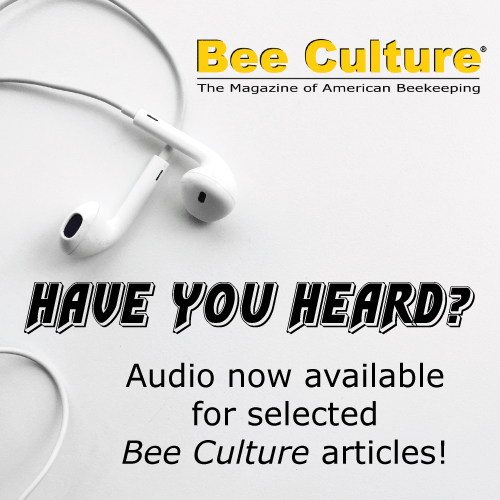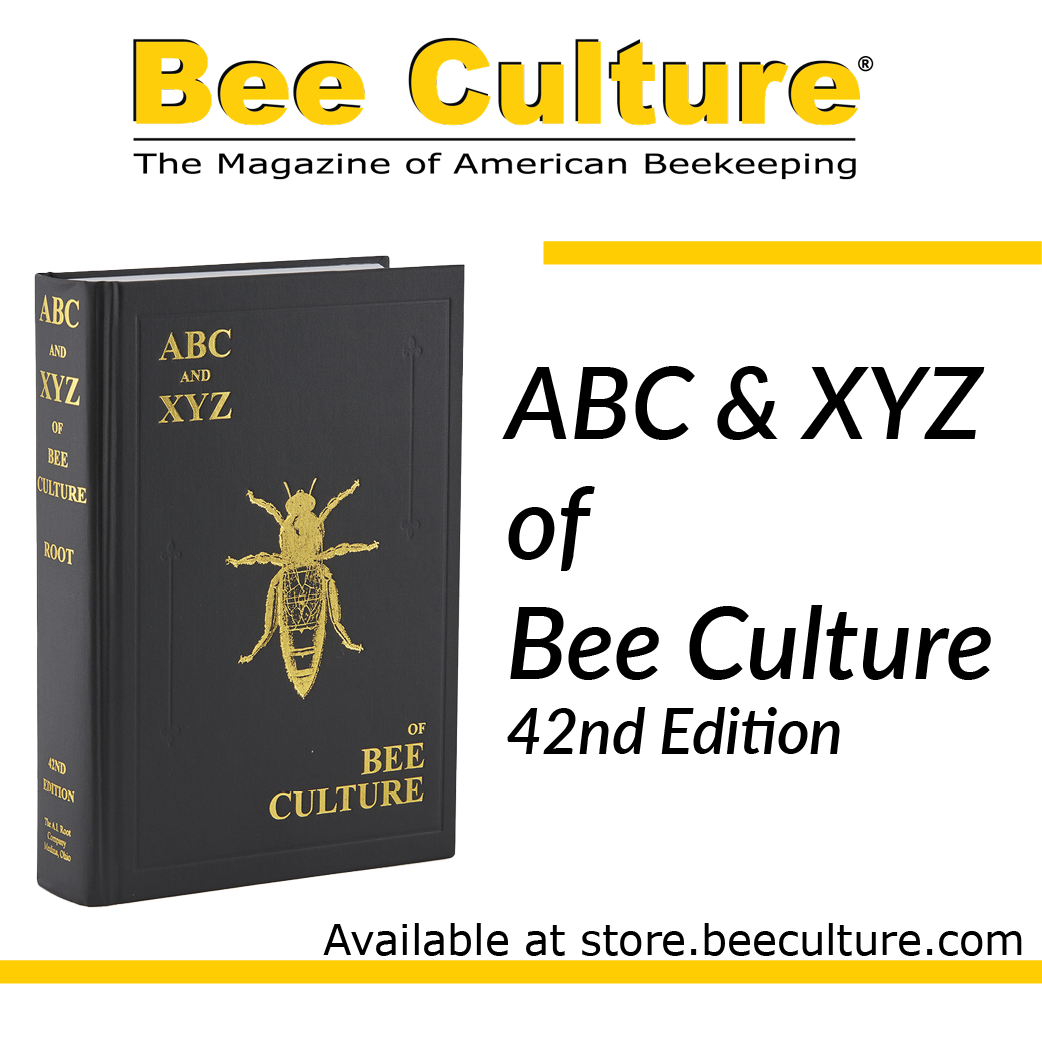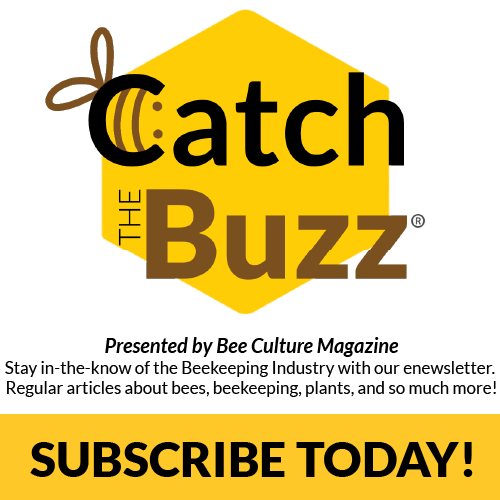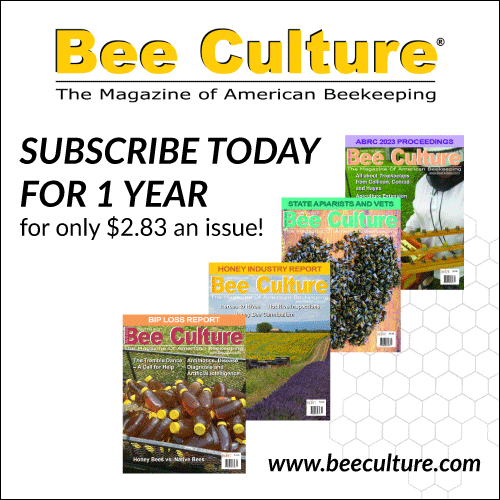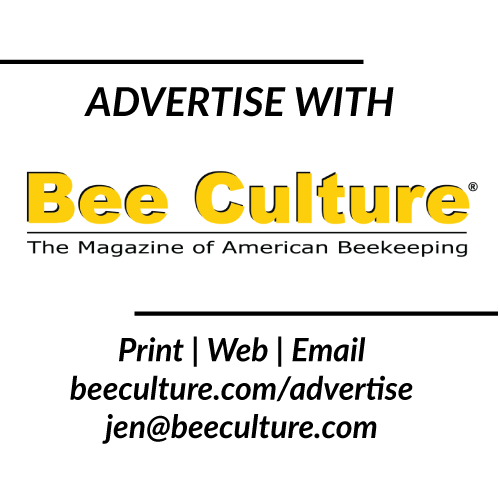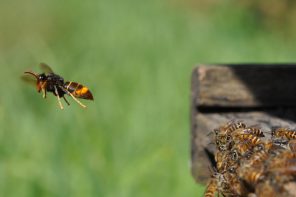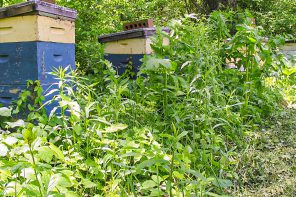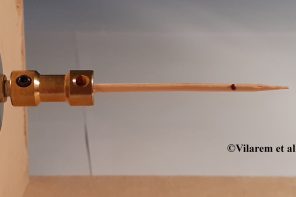Click Here if you listened. We’re trying to gauge interest so only one question is required; however, there is a spot for feedback!
Read along below!
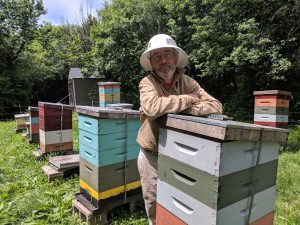
Beekeeping
A Doorway to Nature
By: Ross Conrad
It has been suggested that a spiritual crisis is at the center of the long emergency we collectively face. This crisis manifests itself as a disconnect from the natural world and is considered by many to be one of the primary forces driving the growing degradation of environmental health. When we see ourselves as separate from the natural world, we view nature through the lens of how valuable it is to us personally, either economically or for its beauty. This is the typical Western approach to the notion of pristine wilderness. When we place such values on the natural world and its “resources” viewing it simply as a means to gain financial wealth or other material benefits, it can reinforce our separation from it.
Research indicates that people who have a strong emotional and spiritual connection to nature are more likely to behave positively towards the environment, wildlife and habitats. This suggests that nurturing a greater connection to the natural world among the general population may be critical in addressing our spiritual crisis and helping to reverse the current environmental emergency. There are many ways this nurturing of our connection can manifest including hiking and camping, fishing and hunting, farming and gardening, or bird watching.
For the readers of Bee Culture, beekeeping likely provides one of our primary windows into the natural world. Through beekeeping, we enter the fascinating world of the honey bee; from the waggle dance and the intricacies of swarm behavior, to honey bee biology and the production, use, and unique characteristics of the products of the hive. Our fascination with bees stems from our personal connection to them and our deep understanding of them and their ways. It has been claimed that the honey bee and beekeeping is the most studied and written about topic in the world, second only to us humans. The truth of course, is that all living creatures are absolutely fascinating: we just tend to be clueless to most of the wonder, beauty and amazing intricacies and relationships involved in the lives of the plants, animals and insects that surround us and that we may come into contact with. We simply don’t interact with them enough to understand them and their ways, as well as we do the honey bee, and this can result in their being under-appreciated.
The world of beekeeping acts as a doorway through which we are able to then connect with the wider natural world of all the pests, diseases, plants and weather patterns that impact our bees; for better or worse.
The truth is that we are not separate from nature and the earth. Our bodies are literally made of the same minerals of the earth; we live our lives on the earth surrounded by the natural world; and when we die our body goes back to the earth and eventually gets recycled by the natural world. What we do to the natural world, we do to ourselves. We may not die when a rare pollinator dies out and becomes extinct, but surely a small part of something within us dies, something sacred and precious.
A host of studies have pointed to the fact that the stronger our personal connection to the natural world, the greater our concern for the environment (Whitburn et al., 2019; Mackay and Smidtt, 2019). There is also strong evidence of a positive relationship between a person’s connection to the natural world and one’s personal health, wellbeing and happiness (Capaldi et al., 2014; Barragan-Jason et al., 2023). When individuals are exposed to natural environments, such as mountain tops, coastlines, meadows and forests, the exposure results in stress reduction and assists in mental recovery following intense cognitive activities. It has even been found that a hospital window view onto a garden-like scene can be influential in reducing patients’ postoperative recovery periods and analgesic requirements.
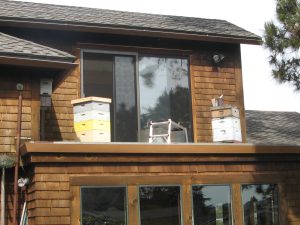
Beekeeping provides a doorway through which individuals can develop a strong spiritual connection to the natural world, especially those living in urban or suburban environments.
Embedded in diverse cultures around the world is the idea that people consciously and unconsciously seek connections with the natural world. The theory that this is a result of evolutionary history where humans have lived in intimate contact with nature was initially put forward by Harvard biologist and two-time Pulitzer prize-winner, E.O. Wilson, in the Biophilia hypothesis (Wilson, 1984). We humans appear to be innately attracted to other living organisms. Evidence suggests that this is particularly evident when life becomes difficult and stressful. How many of us can deny the relaxing effect of a quiet moment by a lake, the soothing effect of sitting by a river, the rejuvenation of a hike through a forest, a stress reducing stroll by the seaside, the calming effect of simply cuddling with a pet dog or cat, or spending time with the honey bee colonies in our apiaries. Simply put, we need contact with nature and the importance of our ability to connect with the natural world has only grown due to our increasingly urban, digital-screen and social media lifestyles that often serve to disconnect us from nature which in turn, may contribute to health and wellbeing problems.
One meta-analysis suggests positive short- and long-term health outcomes with improved self-esteem and mood with exposure to green environments. Proximity to water generated some of the greatest changes and the mentally ill experience the greatest self-esteem improvements (Barton and Pretty, 2010). Other researchers examining the link between finding meaning in life and our relationship to the natural world suggest numerous benefits that arise from a personal connection to the natural world. Not only does nature help us find meaning in life, it can enhance our appreciation for life, and how engaging in nature-based activities (such as beekeeping) “provides an avenue for many people to build meaningful lives” (Passmore and Krouse, 2023).
The idea that contact with nature benefits our mental and physical health appears to be strongly supported by the statistics. According to one researcher, “Animals have always played a prominent part in human life. Today, more people go to zoos each year than to all professional sporting events. A total of 56% of U.S. households own pets. Animals comprise more than 90% of the characters used in language acquisition and counting in children’s preschool books. Numerous studies establish that household animals are considered family members; we talk to them as if they were human, we carry their photographs, we share our bedrooms with them” (Frumkin, 2001).
Beekeepers have their own version of this in what is referred to as the “telling of the bees.” A tradition where it is believed that when the beekeeper dies, someone has to go tell the bees and perhaps hang a piece of black cloth on the hive to place it in mourning or else the colony would die out or abandon the hive. There appears to be many versions of this. Others tell the bees about important events in their lives particularly regarding a death in the family. Considering how easy it is for a beekeeper to put off caring for their bees with our busy lives, this tradition practically served as a way to keep the hives in the thoughts of those that survive a deceased beekeeper, so that they will hopefully prioritize finding a new custodian to take over responsibility for their care in a timely manner.
As a deep personal connection to the natural world, beekeeping has the potential to provide numerous benefits to its participants. Beekeeping encourages one to get exercise along with fresh air and sunshine, and there is significant evidence that suggests that even the occasional bee sting can help fortify the body’s immune system allowing it to more effectively deal with various ailments (provided of course that the person is not hyper allergic to honey bee venom). Beyond all this, we now know that beekeeping can also help establish a spiritual connection to the earth and all the life forms with which we share this planet; a connection that may be critical in our ability to effectively deal with our current reliance on damaging green-house gas emitting technologies that are slowly turning our lives and society upside down.
Many people are suggesting that the weather extremes we have been experiencing around the country and the world is the problem, when really the problem at its base level is the malevolent actions of individual people. Nurturing a greater connection to the natural world in greater numbers of people, such as through activities like beekeeping, might just hold part of the salvation for this world. Something to consider as you go about the business of caring for your bees this Autumn and are tucking your colonies in for the long Winter ahead.
Just the same as a month before,—
The house and the trees,
The barn’s brown gable, the vine by the door,—
Nothing changed but the hives of bees.
Before them, under the garden wall,
Forward and back,
Went drearily singing the chore-girl small,
Draping each hive with a shred of black.
Trembling, I listened: the Summer sun
Had the chill of snow;
For I knew she was telling the bees of one
Gone on the journey we all must go!
An excerpt from the poem Telling the Bees by John Greenleaf Whittier.
Read the full poem here: https://www.poetryfoundation.org/poems/45491/telling-the-bees
Ross Conrad is the author of Natural Beekeeping, Revised and Expanded 2nd Edition, and coauthor of The Land of Milk and Honey: A history of beekeeping in Vermont.
References:
Barragan-Jason, G., Loreau, M., de Mazancourt, C., Singer, M.C., Parmesan, C. (2023) Psychological and physical connections with nature improve both human well-being and nature conservation: A systematic review of meta-analyses, Biological Conservation, Volume 277:109842
Barton J, Pretty J. (2010) What is the best dose of nature and green exercise for improving mental health? A multi-study analysis. Environmental Science & Technology, 44(10):3947-55. doi: 10.1021/es903183r. PMID: 20337470.
Capaldi, C.A., Dopko, R.L., Zelenski, J.M. (2014) The relationship between nature connectedness and happiness: a meta-analysis, Frontiers in Psychology, Volume 5
Howard Frumkin, (2001) Beyond Toxicity: Human health and the natural environment, American Journal of Preventive Medicine, 20(3):234-240, ISSN 0749-3797, https://doi.org/10.1016/S0749-3797(00)00317-2
Mackay, C.M.L. and Schmitt, M.T. (2019) Do people who feel connected to nature do more to protect it? A meta-analysis, Journal of Environmental Psychology, 65:101323
Passmore, Holli-Anne and Krouse, Ashley, N. (2023) The Beyond-Human Natural World: Providing Meaning and Making Meaning, International Journal of Environmental Research and Public Health, 20(12):6170
Whitburn, J., Linklater, W., Abrahamse, W. (2019) Meta-Analysis of human connection to nature and proenvironmental behavior, Conservation Biology, https://doi.org/10.1111/cobi.13381
Wilson, E. O. (1984) Biophilia: the Human Bond with Other Species.: Harvard University Press, Cambridge, MA.

